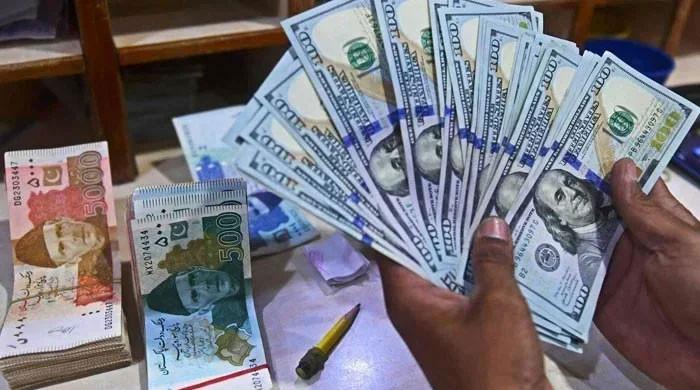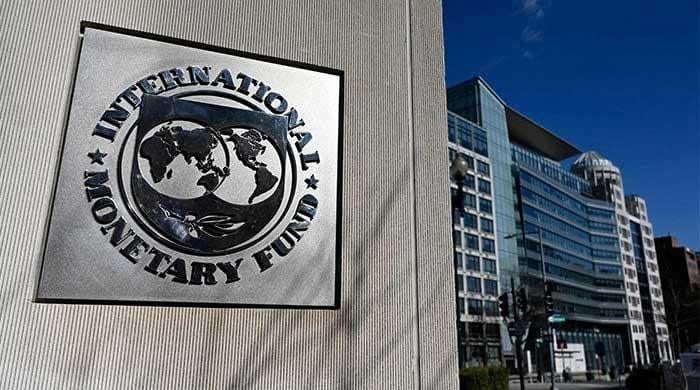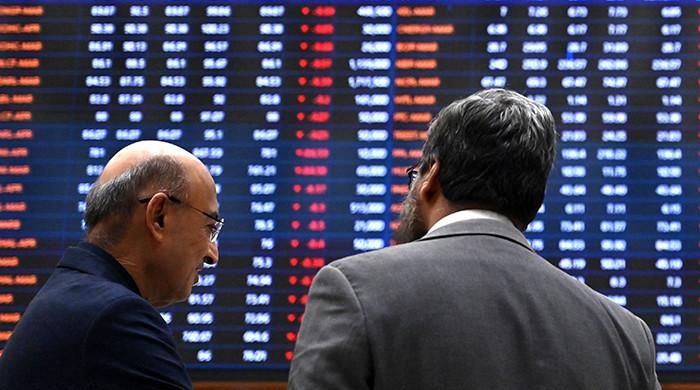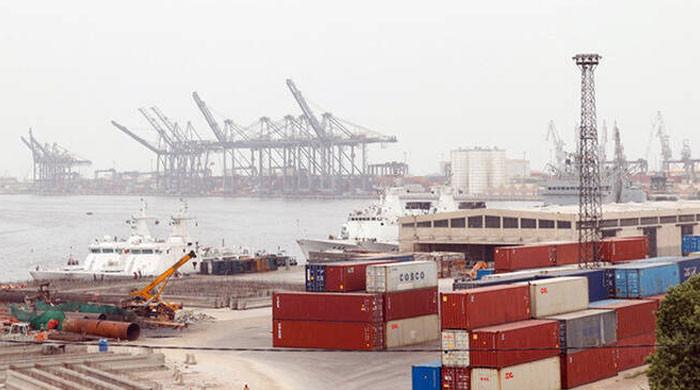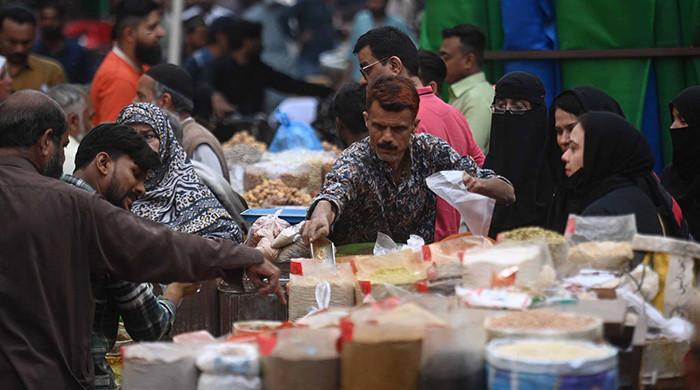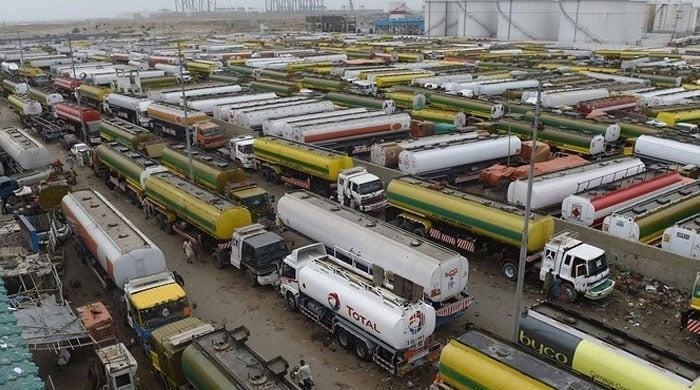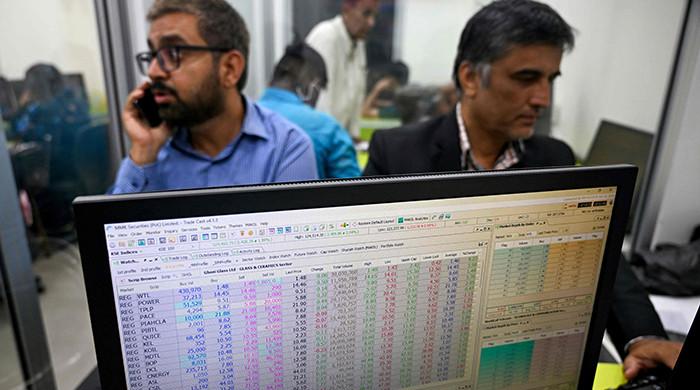Govt mulls more taxation measures to generate Rs36bn under IMF direction
When updated Finance Bill for 2025-2026 is approved by parliament, three additional taxes to be included in it
June 23, 2025

- IMF is still not fully satisfied on the number crunching.
- IMF estimates salary hike to have estimated cost of Rs29-30bn.
- NA panel approves Finance Bill with certain recommendations.
ISLAMABAD: In order to generate Rs36 billion in revenue and overcome the gap left by a 10% pay increase and a decrease in the general sales tax (GST) on solar panels, the government has proposed three additional taxation measures, The News reported on Monday.
These steps were taken in response to the International Monetary Fund (IMF)’s demand that the agreed-upon financial framework for the budget 2025–2026 should not be violated.
When the updated Finance Bill for 2025–2026 is approved by parliament, three additional taxes will be included in it. Federal excise duty of 10% on day-old chicks (DOC) of the poultry industry, a tax rate increase from 25 to 29% on dividends paid by a business from a mutual fund that derives income from debt profits, and an increase in withholding tax from 15 to 20% on profit on government securities paid to any person (institutional investors) other than an individual are some of these revenue initiatives.
However, the IMF is still not fully satisfied with the number crunching undertaken by the Ministry of Finance and Federal Board of Revenue (FBR) and is pressing upon tax authorities to calculate revenue impact rightly. Otherwise, the revenue gap would leave the government authorities with no other option but to unveil a mini-budget to fill the gap.
The IMF has estimated the hike in salaries of public sector employees from 6 to 10% would have an estimated cost of Rs29-30 billion. The import of solar panels with a GST rate of 18% was envisaged to fetch revenues of Rs20 billion, but with the reduction in the tax rate to 10% it would have an effect of Rs6 to 8 billion.
In totality, the IMF asked the government to take additional measures of Rs36 to 38 billion to bridge the gap created through the announcement of the government after presenting the budget.
Details of additional revenue measures were shared by FBR Chairman Rashid Mahmood Langrial with the National Assembly’s Standing Committee on Finance here on Sunday. The FBR chairman said new taxation measures of Rs36 billion would be taken to overcome the financial gap on account of a reduction in sales tax from 18 to 10% on solar panels and a proposed increase in salary for government employees from 6 to 10%.
New taxation measures would be made part of amendments to the Finance Bill. In the budget (2025-26), the FBR has taken new taxation measures of Rs312 billion and enforcement measures of Rs389 billion for 2025-26.
Excluding Rs8.5 billion due to a decrease in sales tax on solar panels, the net revenue impact of taxation measures now stood at Rs339.5 billion for the next fiscal year. The NA panel approved the Finance Bill (2025-26) with the approval of certain recommendations of the Senate committee as well as recommendations of the NA Finance Committee.
The FBR chairman informed the committee there was a financial gap of around Rs35-36 billion including Rs12 billion due to an increase in salary and Rs8.5 billion on account of a reduction in sales tax on solar panels. The federal government also added some amount for the distribution of revenue to the provinces under the National Finance Commission (NFC) Award.
The FBR chairman said the government had shared six new taxation measures with the IMF. Out of these six measures, three have been approved by the IMF. The finance committee was informed a uniform tax rate of 10% would be applicable on imported raw cotton and local cotton. Both types of cotton would now be treated at par.




